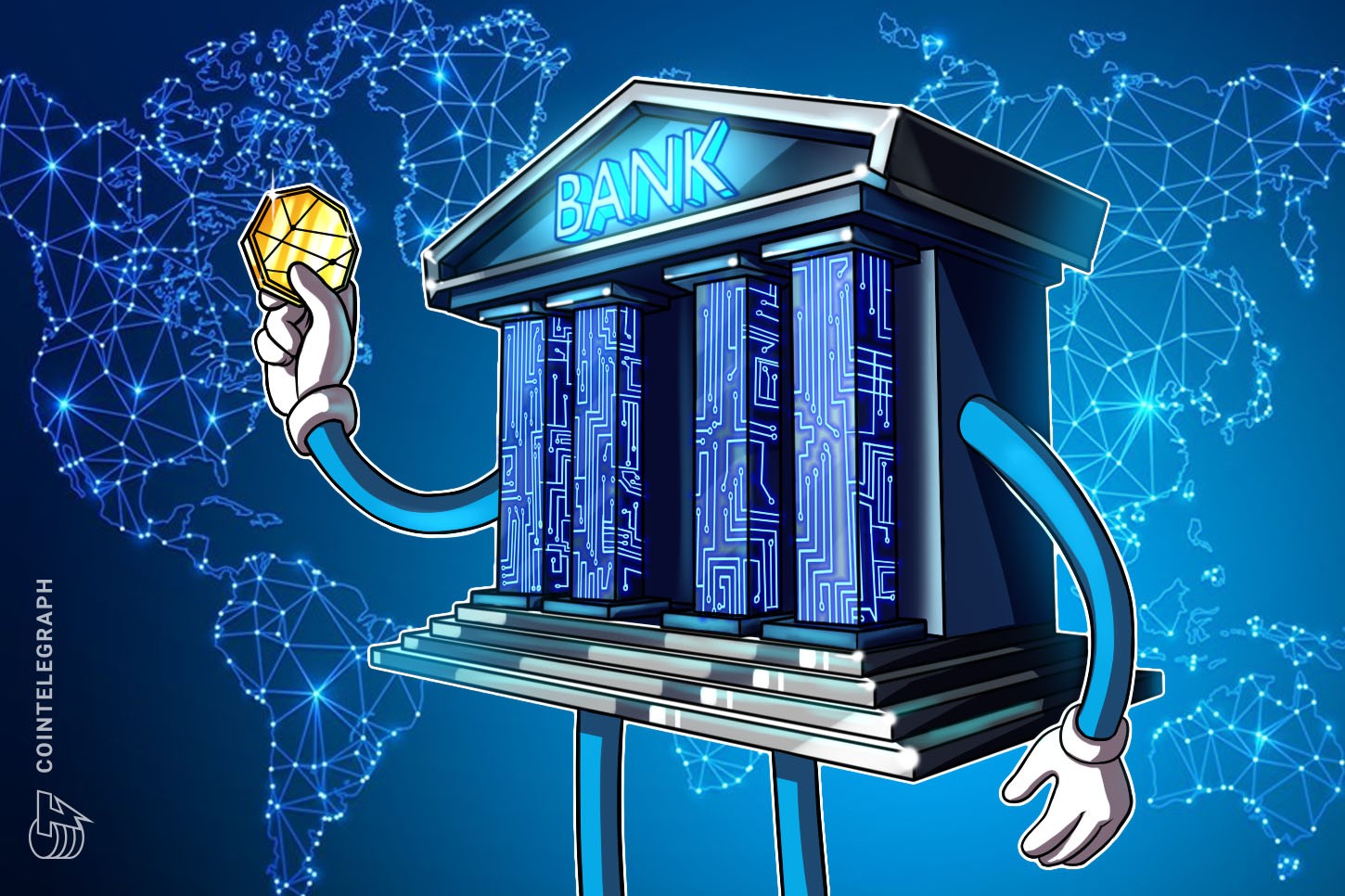Last week’s market-wide price crash caused central banks around the world to issue warnings about the risks of investing in cryptocurrencies.
The Central Bank of Kuwait was no exception, and on Saturday, it issued a statement to warn the public about volatility in cryptocurrency markets.
The Central Bank of Kuwait stated that crypto assets are not real currencies even though they are commonly called cryptocurrencies. According to the statement, only a lawful state can issue real currency as a symbol of sovereignty:
“The real currency is regulated by state authorities such as central banks or monetary institutions. It is considered and accepted as a store of value and legal tender. It serves as a reliable medium for exchange.”
The statement noted Dogecoin (DOGE) among the most prominent cryptocurrencies by market capitalization, Bitcoin (BTC) and Ether (ETH). Dogecoin is known for its meteoric rise earlier this year following Elon Musk’s repeated mentions of the meme-originated coin on social media. However, Dogecoin took a sharp dive after the tech mogul’s appearance on Saturday Night Live.
The CBK noted that the warning is a part of the bank’s Diraya campaign, which translates to “Be Aware” in Arabic. Managed by the Kuwait Banking Association, Diraya aims to raise financial awareness in the country and encourage social responsibility activities across the Kuwaiti banking sector.
After listing the typical beef regarding crypto, such as money laundering, fraud and unauthorized transactions, the CBK noted the environmental cost of energy-intensive crypto mining operations.
Recently, Musk announced that the electric car manufacturer Tesla would stop accepting Bitcoin as a form of payment due to its potentially harmful effect on the environment. However, according to a new study by Mike Novogratz’s Galaxy Digital, traditional banking uses two times more energy than Bitcoin annually.


